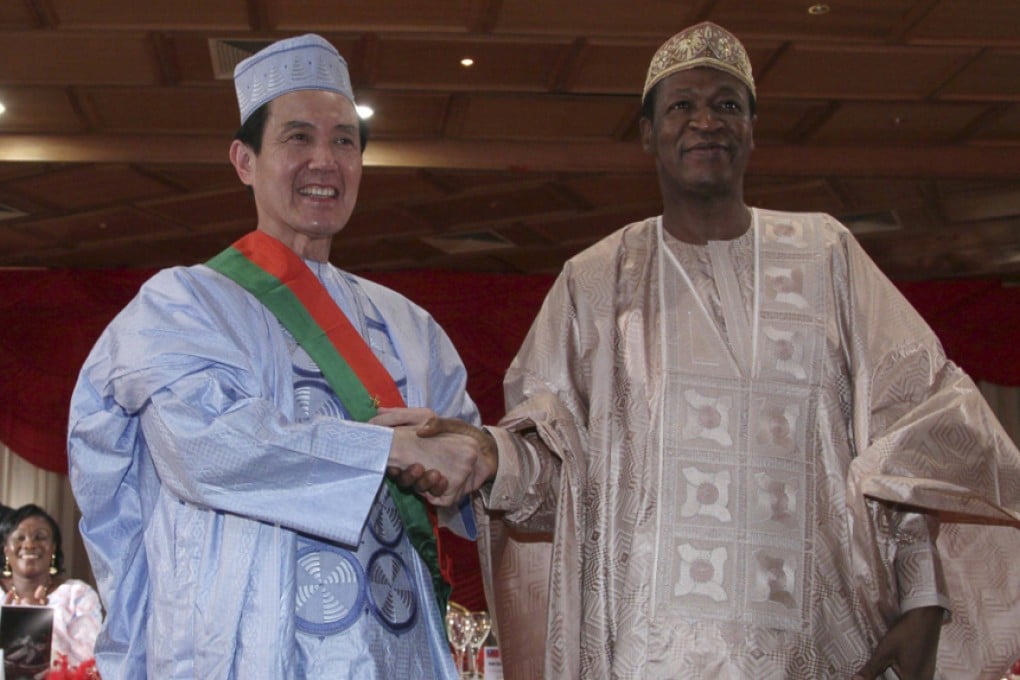Taiwan on diplomatic eggshells with three remaining African allies
Taiwan is walking on diplomatic egg shells in Africa, as its remaining allies on the continent eye the advantages of investment from mainland China, writes Ivan Broadhead.

“They tried to shoot one of the kids right outside,” says hotelier Alain Michel, 60, gesturing towards his garden gate. Lighting a cigarette, hand trembling slightly, the retired mining engineer inhales deeply. “We dragged him in. Others weren’t so lucky.”
Days before my scheduled arrival in Burkina Faso, a landlocked country in West Africa, troops loyal to dictator Blaise Compaoré, who was president from 1987 and a long-time ally of Taiwan, entered the capital, Ouagadougou. Led by General Gilbert Diendéré, they ousted the transitional government – which had been in place since Compaoré had himself been ousted, in last year’s Burkinabé uprising – and cancelled elections scheduled for October 11. Scores of unarmed civilians who opposed the putsch were killed or wounded.
Taiwanese officials were in a quandary. Speaking on the condition of anonymity, one reported that contacts in the transitional government had asked Taipei for US$1 million to help restore civilian rule. Should President Ma Ying-jeou have failed to back a government seeking to achieve longterm stability in the impoverished nation, he could have jeopardised ties with one of only three African countries still maintaining diplomatic relations with Taiwan.
“Since 1949, when the Nationalists fled to Formosa [Taiwan] maintaining they were the legitimate government of China, 30 African states have recognised Taiwan. Now it’s only Burkina, Sao Tome and Principe and Swaziland,” says Adams Bodomo, professor of African Studies at the University of Vienna and author of Africans in China. “Each faces major domestic challenges. But their recognition by international bodies, such as the UN, is crucial for Taiwan, given Beijing’s political and economic influence.”
The significance of Beijing’s relationship with Africa was highlighted at the Forum on China-Africa Cooperation, which ended on December 5 in Johannesburg, South Africa. President Xi Jinping and 50 heads of state attended.

On the record, a spokesman for Taiwan’s Ministry of Foreign Affairs insists, “[The request for US$1 million] is speculation … My government will not intervene in any domestic election in any foreign country”, but Taiwan’s “chequebook diplomacy”, its policy of offering aid in return for diplomatic recognition, has been on my radar since 2012, when I joined a tour Ma made of allied African countries.